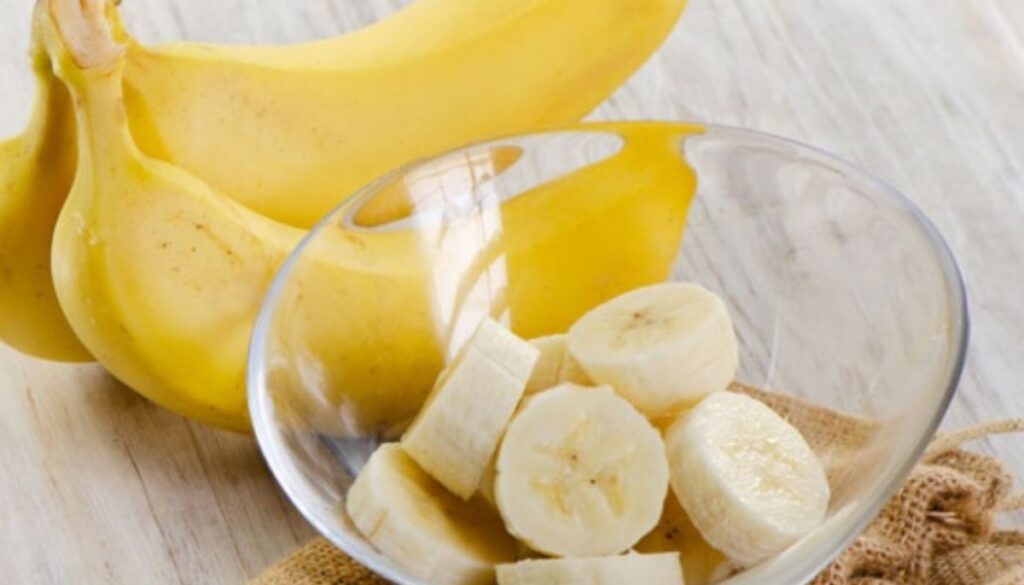Bananas are one of the most popular fruits worldwide, cherished for their sweet taste and convenience. Beyond their delightful flavor, bananas are packed with essential nutrients that contribute to a healthy diet. This blog will delve into the nutritional aspects of bananas, focusing specifically on their calorie content and protein levels.

The Caloric Content of Bananas
Understanding Banana Calories
A medium-sized banana, which is approximately 7-8 inches in length and weighs around 118 grams, contains about 105 calories. This makes bananas an excellent option for a quick energy boost without contributing significantly to daily caloric intake. Here’s a breakdown of how these calories are distributed:
- Carbohydrates: Bananas are rich in carbohydrates, with an average medium-sized banana containing about 27 grams. These carbs are primarily in the form of natural sugars like glucose, fructose, and sucrose, providing instant energy.
- Dietary Fiber: Each banana has around 3 grams of dietary fiber, which aids in digestion and helps maintain a feeling of fullness.
- Fats and Proteins: Bananas contain negligible amounts of fat (less than 0.5 grams) and about 1.3 grams of protein.
Calories in Different Sizes
- Small Banana (6-7 inches, 101 grams): Approximately 90 calories
- Medium Banana (7-8 inches, 118 grams): Approximately 105 calories
- Large Banana (8-9 inches, 136 grams): Approximately 121 calories
- Extra-Large Banana (9 inches or longer, 152 grams): Approximately 135 calories
Protein Content in Bananas
Protein in a Medium Banana
While bananas are not particularly known for their protein content, they still contribute a small amount to your daily protein intake. A medium-sized banana offers about 1.3 grams of protein. This may seem minimal, but when combined with other protein-rich foods throughout the day, it can contribute to a well-rounded diet.
Comparing Protein Content
To put this into perspective, here’s a comparison of protein content in a banana versus other common protein sources:
- 1 Medium Banana: 1.3 grams of protein
- 1 Large Egg: 6 grams of protein
- 1 Cup of Milk: 8 grams of protein
- 1 Ounce of Almonds: 6 grams of protein
While bananas are not a primary protein source, they can be part of a balanced diet when paired with other protein-rich foods.
Nutritional Benefits Beyond Calories and Protein
Rich in Vitamins and Minerals
Bananas are a powerhouse of vitamins and minerals, including:
- Vitamin C: Boosts the immune system and promotes skin health.
- Vitamin B6: Supports brain health and aids in the production of neurotransmitters.
- Potassium: Essential for heart health and maintaining proper muscle function.
Antioxidants and Phytochemicals
Bananas contain antioxidants and phytochemicals that help protect the body against oxidative stress and chronic diseases.
Conclusion
Bananas, with their low-calorie content and modest protein levels, are an excellent addition to any diet. They provide a quick source of energy, essential vitamins, and minerals, making them a nutritious choice for a snack or meal component. Incorporating bananas into your daily diet can be both delicious and beneficial to your health.
For more exciting recipes and nutritional insights, visit khazanarecipe. Discover the countless ways you can enjoy bananas while maintaining a balanced and healthy diet.



0 Comments